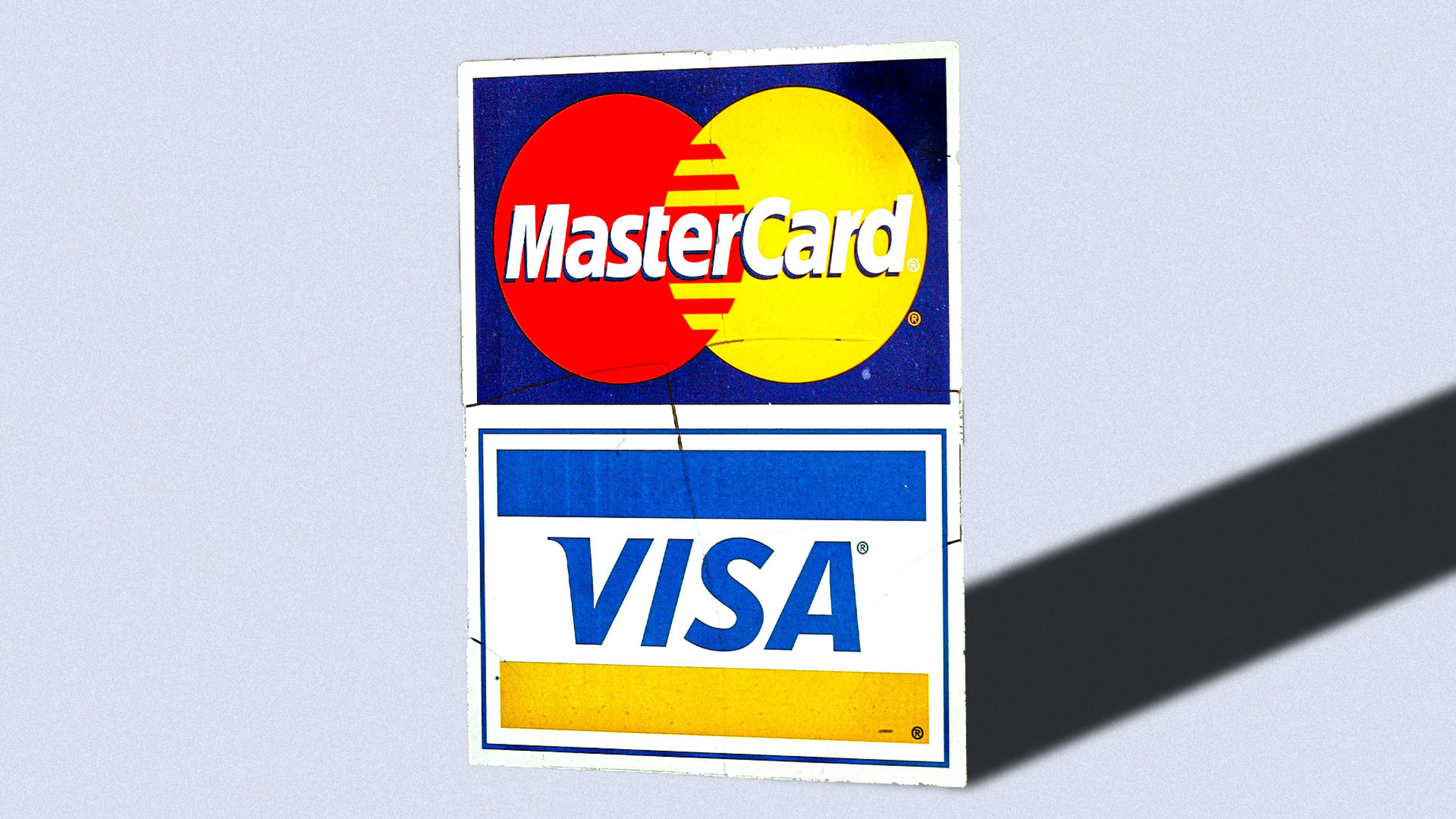Visa and Mastercard ended a long-simmering lawsuit with merchants revolving around “swipe fees,” as the two companies announced a settlement that will lower those fees for merchants by $30 billion over five years.
Specifically, the settlement reduces interchange rates (swipe fees), assures that those rates will not go up until at least 2030, and also offers merchants “greater flexibility at the point-of-sale, including the opportunity to steer to preferred payment methods and more optionality around surcharging. It also provides funding for new programs to educate small businesses about payment-acceptance options and how to best manage costs,” according to a press release from Visa.
Effectively, it means that merchants have notched themselves a victory in the fight against swipe fees, which average around 2.2% of transaction prices. Merchants pay credit card companies these fees in order to facilitate credit card transactions.
As for what it means for consumers, the people who are actually swiping their cards? In all likelihood, not much, say experts.
“We’ll need to wait and see,” says Ted Rossman, a senior industry analyst at Bankrate. “My honest assessment is that I don’t think this is a big deal for any party involved.”
Rossman says that the settlement only lowers swipe fees by a fraction of a percent for a few years, and caps the rates for five years. “That’s such a minimal change that I don’t think it’s going to make a big impact,” he says.
Merchants are likely to feel at least some relief, though, as they collectively paid $100 billion in credit card fees to Visa and Mastercard alone during 2023—a record high—according to data from Nilson Report. That same report estimates that the average family in the U.S. pays more than $1,000 per year due to higher prices associated with swipe fees.
But again, it’s hard to say whether the Visa and Mastercard settlement will have a sustained impact for consumers. Rossman says that the settlement itself amounts to “a flash point in a larger war,” and perhaps the most significant battle ahead concerns the Credit Card Competition Act—a proposed law from Democratic Senator Dick Durbin of Illinois, which could introduce more competition into the space. Durbin will hold a hearing on the law on April 9—though executives from both Visa and Mastercard have said that they will not attend.
If Durbin’s bill were to become law, Rossman says that it would have a much bigger impact on the financial space than the recent settlement, even if the bill’s passage is a long shot at this point.
“That’s the type of thing that could really change credit cards,” he says.
Recognize your brand’s excellence by applying to this year’s Brands That Matter Awards before the early-rate deadline, May 3.
